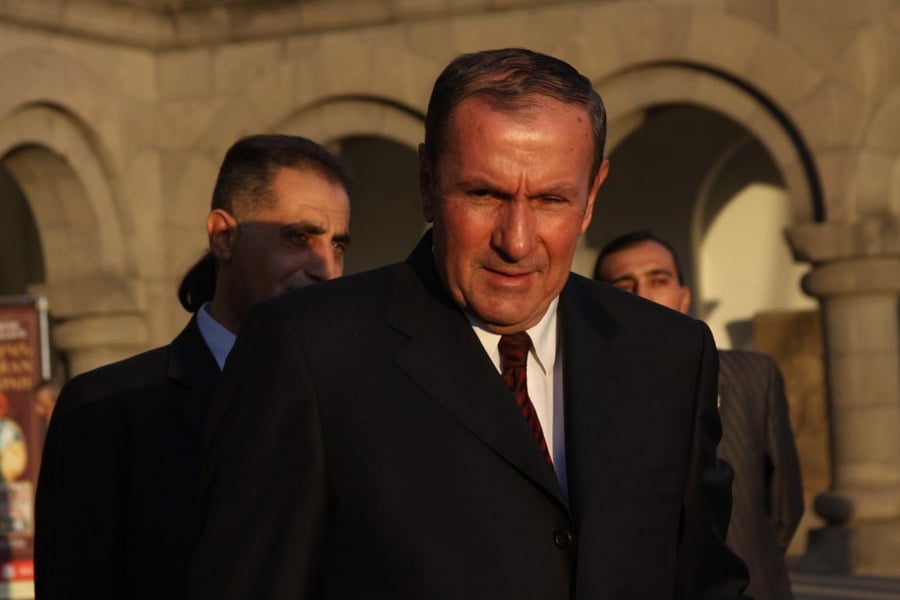Recently, my colleague Aza Babayan described the Prime Minister as a “hooligan.” One of the CP bosses objected, and as usual, the “factory of fakes” responded with dozens of curses aimed at the journalist. I wholeheartedly agree with Aza’s description, and the “verdict” of that factory doesn’t bother me in the slightest.
Nowadays, thoughtful people need a certain strength of character to withstand these mob-like howls. I began to realize this back in 2016, after the so-called “heroic uprising” of the Sasna Tsrer.
Pashinyan and his inner circle truly act like hooligans—not just in reference to the Prime Minister’s notorious “bedside” post, but also in the way he and his comrades behave in the National Assembly. Or take, for example, the comments CP members made about Ter-Petrosyan’s visit to the Mother See. As far as I know, there were no sexual insults in that case, but still—it’s not the kind of language high-ranking officials should use when speaking about the country’s first president.
This is a dangerous trend. We’re not talking about journalists, publicists, or even opposition activists—we’re talking about the de facto head of state and other top officials.
Read also
Like it or not, they shape not only the political agenda but also the mentality and aesthetic preferences of a large part of the public. And often, the reaction of Pashinyan’s supporters—“Go ahead, I’d die for you, my mighty Prime Minister!”—is entirely sincere.
Language doesn’t just reflect thought—it shapes it. Including public thought.
Once, people would mock the refined, academic language of the first president with a touch of irony. But today, I am convinced that using such language at the state level is essential. It might seem like a secondary matter at first glance. But language is, in fact, a powerful indicator of deeper issues.
Aram ABRAHAMYAN




















































